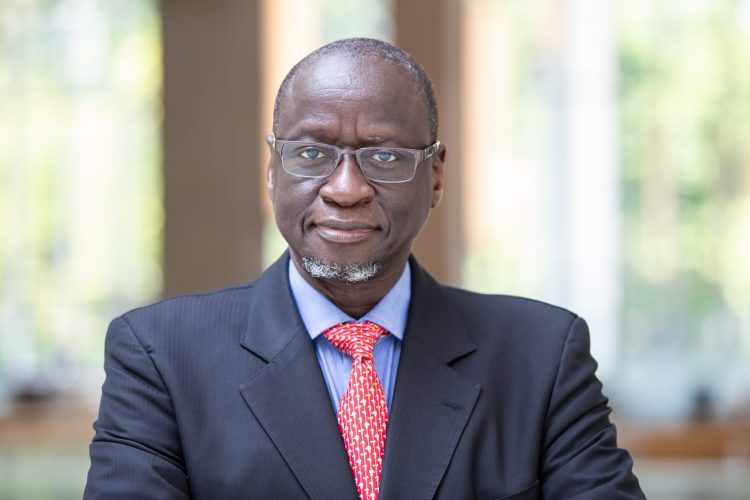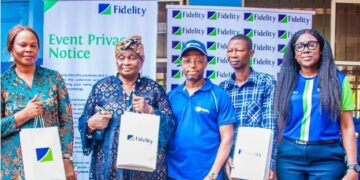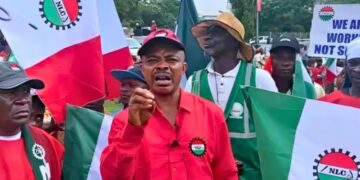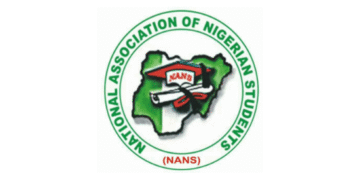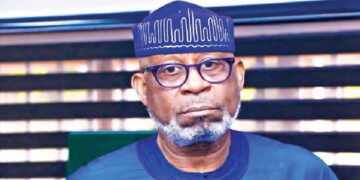The World Bank has called on Nigeria to urgently invest in education to unlock its full potential and close the gap with developed nations.
Speaking at a lecture hosted by Baze University in Abuja on Thursday, Ousmane Diagana, Vice President for Western and Central Africa at the World Bank, emphasized the crucial role of education in driving national development.
“Education is not optional, it’s essential,” Diagana said. “There are many Nigerians making a global impact, including within the World Bank. The country has the resources and talent. What’s needed now is prioritization and action.”
Reaching the Underserved with Education
Diagana urged Nigerian authorities to make quality education accessible to all, especially children in rural and hard-to-reach areas. He highlighted the World Bank’s ongoing support to Nigeria across critical sectors, including education, health, energy, and environmental protection.
“Nigeria receives more World Bank financial support than any other African country—$70 billion. But these are not just figures. They translate into schools, hospitals, electricity, and cleaner environments,” he said.
He did not provide a specific timeline for the disbursement of the funds.
Why Nigeria Needs Help Despite Its Potential
Ndiamé Diop, World Bank Country Director for Nigeria, explained that the country’s heavy reliance on external financing stems from its low revenue generation.
“Nigeria, like many countries, doesn’t collect enough revenue to fully meet its development goals,” Diop said. “That’s why international support becomes necessary.”
Diop said he was struck by the contrast between Nigeria’s talent pool and its troubling development indicators.
“This country has some of the most brilliant people I’ve met,” he said. “But the data on education, health, poverty, maternal mortality, and out-of-school children is deeply concerning. It doesn’t reflect the potential I see.”
Time to Act on Human Capital
According to Diop, Nigeria has both the natural and human resources to turn the situation around. He urged the government to channel more funds into human capital development, starting with education.
“We partner with universities and academic institutions because we believe change starts with knowledge,” Diop said. “Nigeria has the capacity. What it needs now is the will to invest.”


